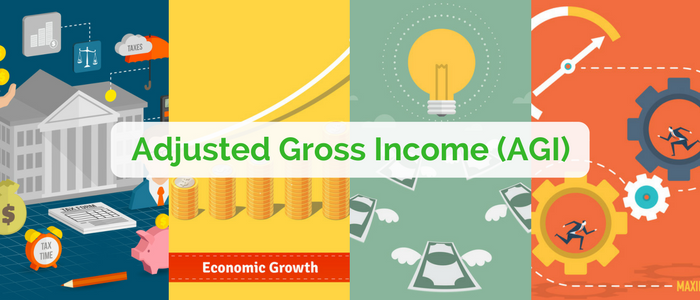
Working from home? Claim your Home Office Deductions
Working from home? Claim your Home Office Deductions
Working from home .claim your Home Office Deductions.Some of us are quite lazy to drive/ride to work every day, so we prefer to set up office at home. Well, jokes apart, some of the small business that operates right out of their homes qualify for deductions. But the fear of audit keeps them away from any such declarations. But in all fairness, if it is genuine and you deserve it, there are no reasons as to why you should not aim for it.
The following are some pointers that you should keep in mind before proceeding with claiming home office deductions.
Exclusive Usage
This acts as the first line of defense.
If you want to opt for home office deductions, you must have a space dedicated to the business use.
Though there are no specifications as to the room size or number of rooms, IRS is very particular regarding a dedicated space for work. As long as there is clear demarcation between work and living space it should be fine.
You should not be using the room as a backup room or double up room for other activities. For an instance, if you work in the room for 8 odd hours a day and leave it up for parties or children activities otherwise, you would end up violating IRS norms.
Regular Usage
Regular usage is one of those things, which is a bit difficult to draw a line on, but in general, you should be using the home office on a regular basis.
Thus, using a usually empty room for one or two business related stuff once a month is a big no, as you would fail the IRS test.
Again, the definition and a clear line would change depending on the scenario and it is at IRS’ discretion.
Primary Business Place
Apart from exclusive and regular use, the workplace should either be a place where you have regular interaction with customers and clients or the primary location for business. There are a few individuals who take up part-time business from their home. Even if you work for majorly in another office, the time spent at your home office will help you qualify.
One has to be a bit careful when it comes to the definition of business over here. You might be an investor who deals in trading for your own benefit.
Declaring your home as an office for that purpose will most probably mark you as not eligible.
Though if you have several properties and have rented them out, you may qualify for home office deductions if you use the room exclusively for this purpose. One of the most important things over here to remember is that the office should be used as a principal place for business and not necessarily principal office.
Storage and Day care
If you want to use your house to provide day care facilities for either children or elderly people, you should primarily meet the requirements of your local and state administration. The exclusive usage clause does not apply to daycare centers. Meaning you might you the place for day care activities for the most part and use it for personal usage post that timing.
Some people use their basement as the storage facility for their business.
Using the basement or any other space regularly for such activities would qualify you for home office deductions, but that should be your only business location.
If you qualify for home office deductions under any of the above, it is worth investing your time in getting the qualification. Simply because you will end up saving a decent amount of money by this exercise.



Recent Comments